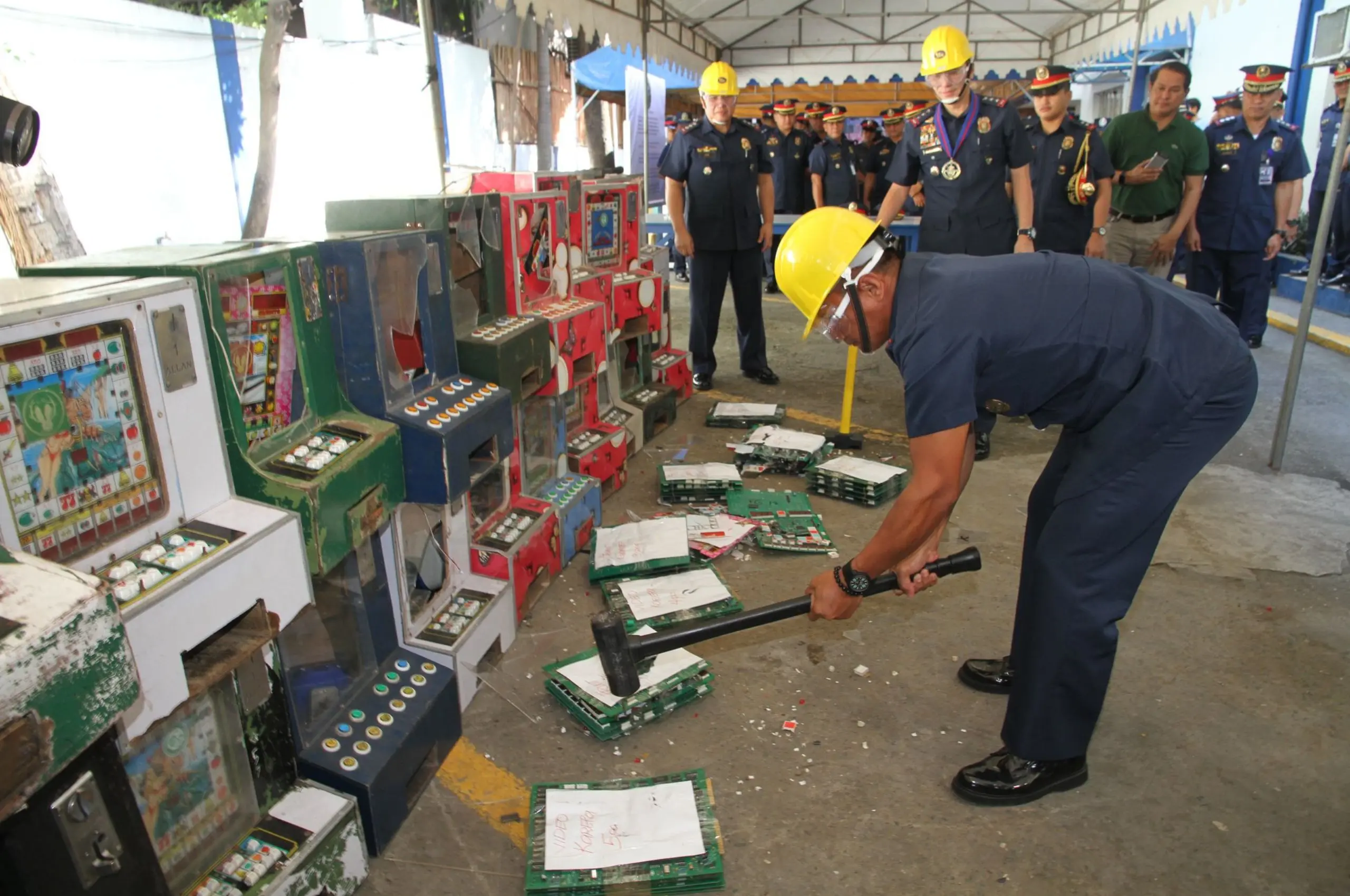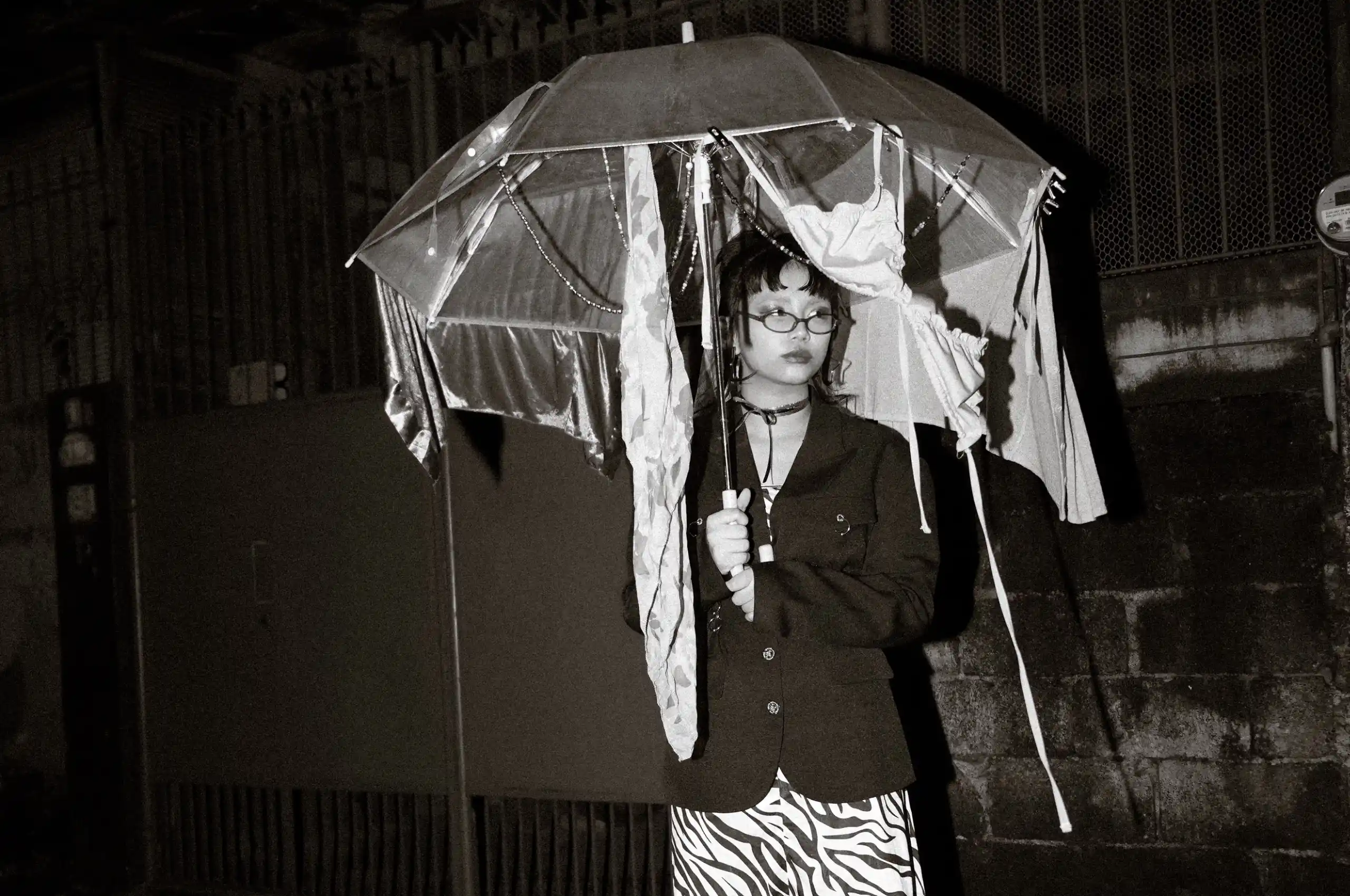Since the beginning of the 20th Congress, the legislature has seen at least four new bills proposing stricter regulations or even total bans on online gambling platforms as legislators raise concerns about underage gambling and addiction. None so far have tackled the gray market of illegal, unaccredited gambling platforms, which have surfaced in the wake of the POGO ban.
On Monday, July 7, Akbayan Representatives Jose Manuel Tadeo “Chel” Diokno, Percival “Perci” Cendaña, Dadah Kiram Ismula, and Dinagat Islands Rep. Arlene Bag-ao filed the Kontra E-Sugal Bill at the House of Representatives. That same day, Manila 2nd District Rep. Rolando Valeriano filed a bill proposing a total ban on online gambling, including e-sabong. In the Senate, Senator Juan Miguel “Migz” Zubiri filed a bill mandating internet service providers, mobile network operators, and digital platforms to block access to gambling websites, while sibling-senators Pia and Alan Peter Cayetano also filed a bill that will set up an Online Gambling Control Task Force and penalize online gambling users, operators, and endorsers.
Meanwhile, the country’s core legislation against illegal gambling remains outdated. The Presidential Decree Prescribing Stiffer Penalties on Illegal Gambling was passed under former President Ferdinand Marcos Sr. in 1978 and imposes heavier penalties for illegal gambling than those laid out in the Revised Penal Code (RPC).

Today, the law can be used to punish illegal online gambling, supplemented by the Cybercrime Prevention Act of 2012. Section 6 of the anti-cybercrime law states that all crimes under the RPC committed through information and communications technologies are considered punishable under the law. It also states that these acts, including illegal gambling, shall be penalized “one degree higher” than provided for by the RPC.
However, the Philippines still has no laws specifically tackling illegal gambling on online platforms. In February, the Philippine Amusement and Gaming Corporation (PAGCOR) found 276 illegal gambling sites, with an unspecified number connected to POGOs. That month, the National Telecommunications Commission (NTC) blocked 136 of those websites. But Retired Brigadier General Raul Villanueva, PAGCOR’s senior vice president for security and monitoring, explained that progress was slow to block the sites as some internet service providers did not immediately comply with the NTC.







